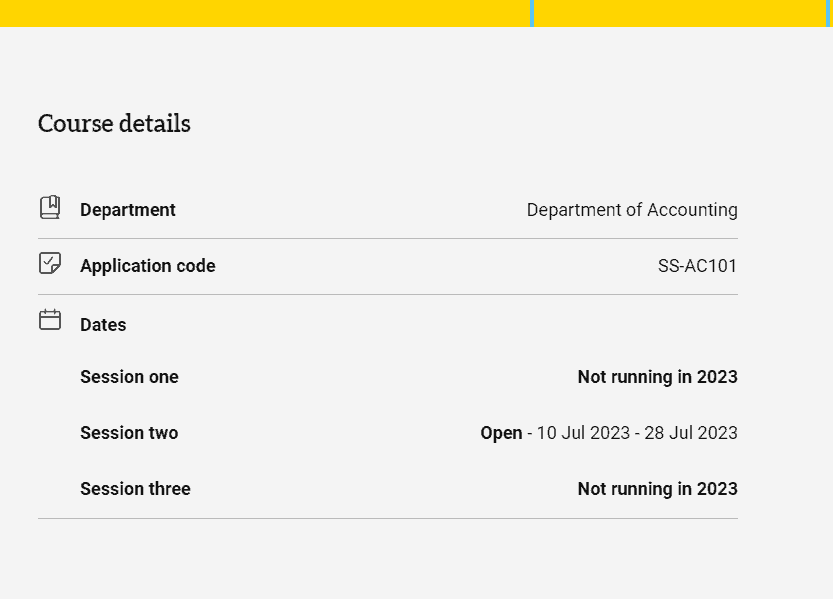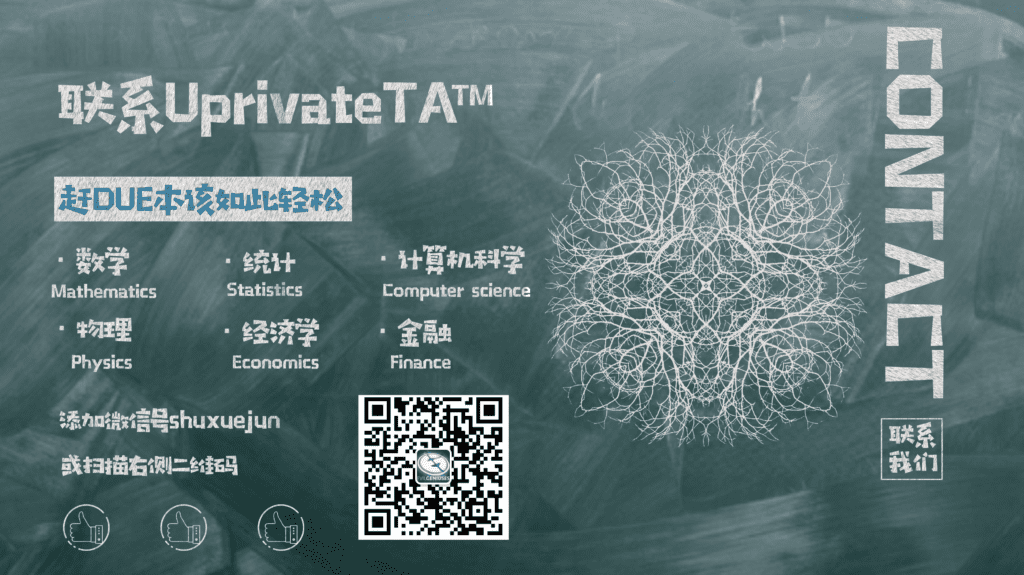会计代写|AC101 Management Accounting
Statistics-lab™可以为您提供ac.uk AC101 Management Accounting管理会计课程的代写代考和辅导服务!

AC101 Management Accounting课程简介
At the same time, the interface between business and financial management is becoming more complex and more significant in determining outstanding corporate performance. Management accounting and financial control information are critical in helping enterprises to perform and increase their competitiveness.
This course provides an introduction to the management accounting and financial control concepts that are used in strategic decision-making, in order to effectively perform in a competitive business environment. Covering issues such as technology and digitalisation, corporate strategy, marketing and modern cost management tools, you will be able to critically analyse how these tools can be used to increase performance.
Recognising the growing international nature of business, the course also considers international financial control issues and comparative cross-country differences in managerial control systems. Using practical and highly applied learning material, you will be exposed to real-world cases and practical techniques to make business decisions. By the end of the course you will have a firm understanding of innovative managerial accounting and financial control tools and how to apply them in various business settings.
PREREQUISITES
- Understand how strategic, market and technological factors affect management accounting and financial control practices
- Show how to apply cutting-edge management accounting and financial control techniques within commercial enterprise environments
- Analyse behavioural, organisational and cultural issues affecting management accounting and financial control
- Apply modern techniques including activity-based management, balanced scorecards, target cost management and quality costing to real-world cases
- Compare international management accounting systems
AC101 Management Accounting HELP(EXAM HELP, ONLINE TUTOR)
1 As a management accountant, do you think you would have a role in evaluating the use of technologies such as loT devices?
Yes, as a management accountant, you would likely have a role in evaluating the use of technologies such as IoT devices. One of the key functions of management accounting is to provide decision-makers with relevant and timely information to support their strategic and operational decisions. This includes evaluating the potential benefits and costs of implementing new technologies such as IoT devices.
IoT devices can provide real-time data on a wide range of variables such as production volumes, energy usage, and maintenance needs. This information can be used to optimize operations, reduce costs, and improve performance. However, implementing and maintaining IoT devices also involves costs such as hardware, software, and data management. As a management accountant, you would be responsible for evaluating these costs and determining the financial impact of implementing IoT devices.
In addition, you may also be involved in evaluating the risks associated with IoT devices, such as data security and privacy concerns. You would need to assess the potential impact of these risks on the organization and recommend strategies to mitigate them.
Overall, evaluating the use of technologies such as IoT devices would likely be an important part of a management accountant’s role in supporting strategic and operational decision-making.
2 Can you think how a firm’s costs might be reduced by such technologies?
Yes, there are several ways in which a firm’s costs can be reduced by implementing technologies such as IoT devices. Some examples are:
- Predictive maintenance: IoT devices can collect real-time data on equipment performance and identify potential issues before they become major problems. This can reduce downtime and repair costs, as well as extend the life of the equipment.
- Energy efficiency: IoT devices can monitor and control energy usage, reducing costs associated with energy consumption. For example, smart lighting systems can automatically adjust the lighting levels based on occupancy, reducing energy waste.
- Inventory management: IoT devices can track inventory levels and automatically reorder supplies when needed. This can reduce inventory holding costs and prevent stockouts.
- Supply chain optimization: IoT devices can provide real-time data on supply chain performance, enabling more efficient and effective decision-making. This can reduce costs associated with inventory, transportation, and logistics.
- Quality control: IoT devices can monitor and control production processes to ensure consistent quality and minimize waste. This can reduce costs associated with rework, scrap, and customer returns.
Overall, by implementing IoT devices, firms can optimize their operations, reduce waste, and increase efficiency, leading to significant cost savings over time.
Textbooks
• An Introduction to Stochastic Modeling, Fourth Edition by Pinsky and Karlin (freely
available through the university library here)
• Essentials of Stochastic Processes, Third Edition by Durrett (freely available through
the university library here)
To reiterate, the textbooks are freely available through the university library. Note that
you must be connected to the university Wi-Fi or VPN to access the ebooks from the library
links. Furthermore, the library links take some time to populate, so do not be alarmed if
the webpage looks bare for a few seconds.

Statistics-lab™可以为您提供ac.uk AC101 Management Accounting管理会计课程的代写代考和辅导服务! 请认准Statistics-lab™. Statistics-lab™为您的留学生涯保驾护航。